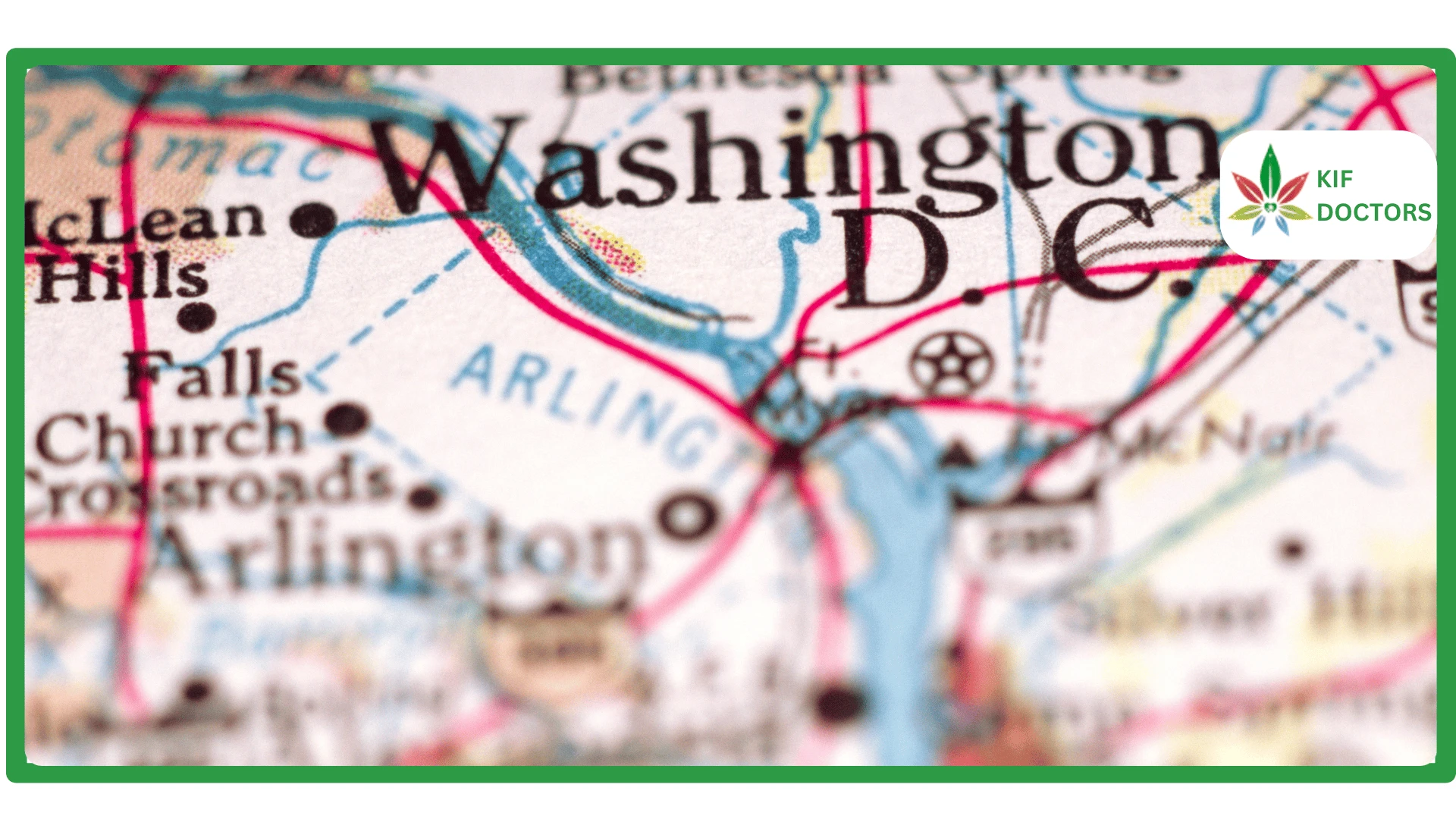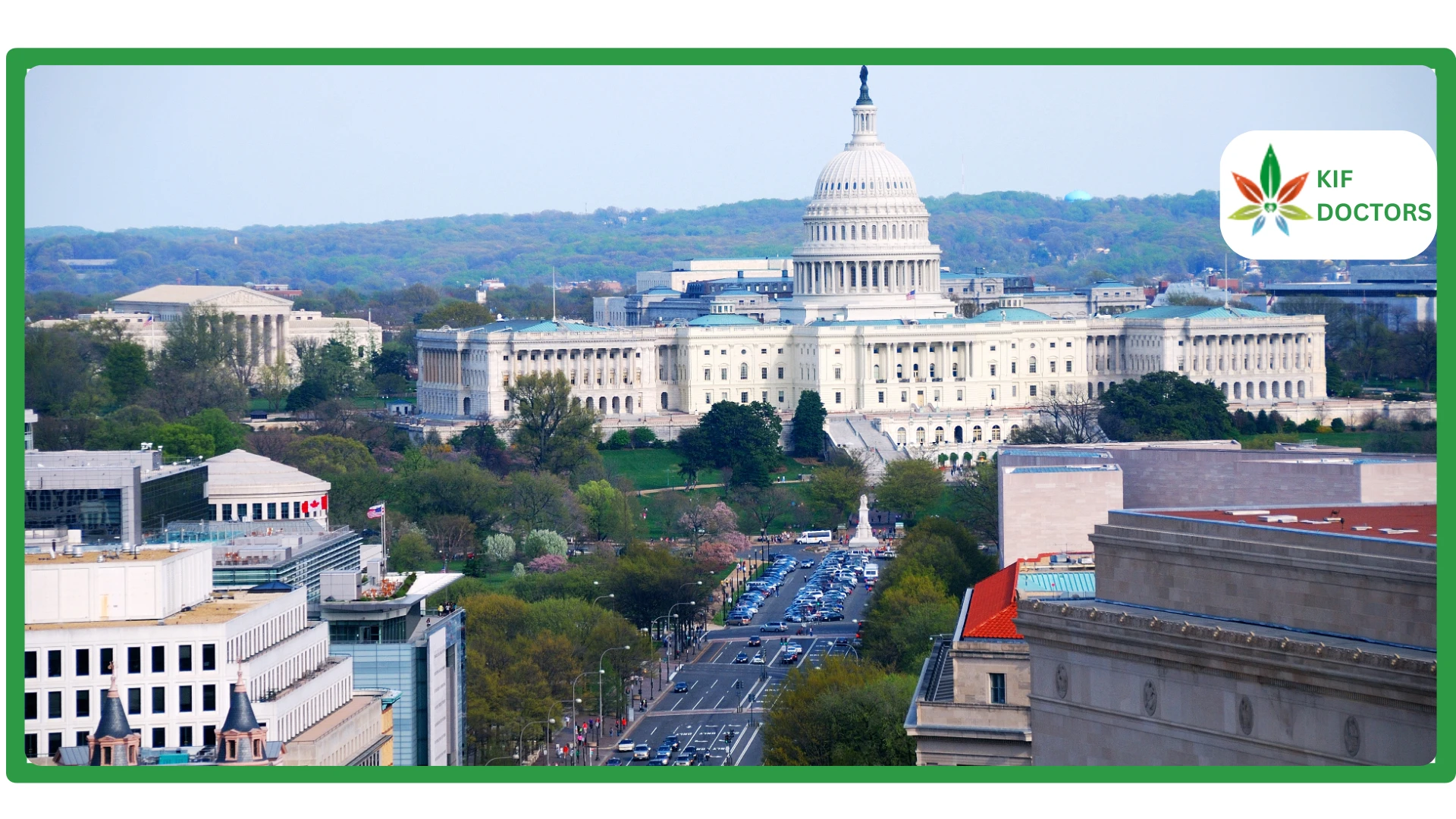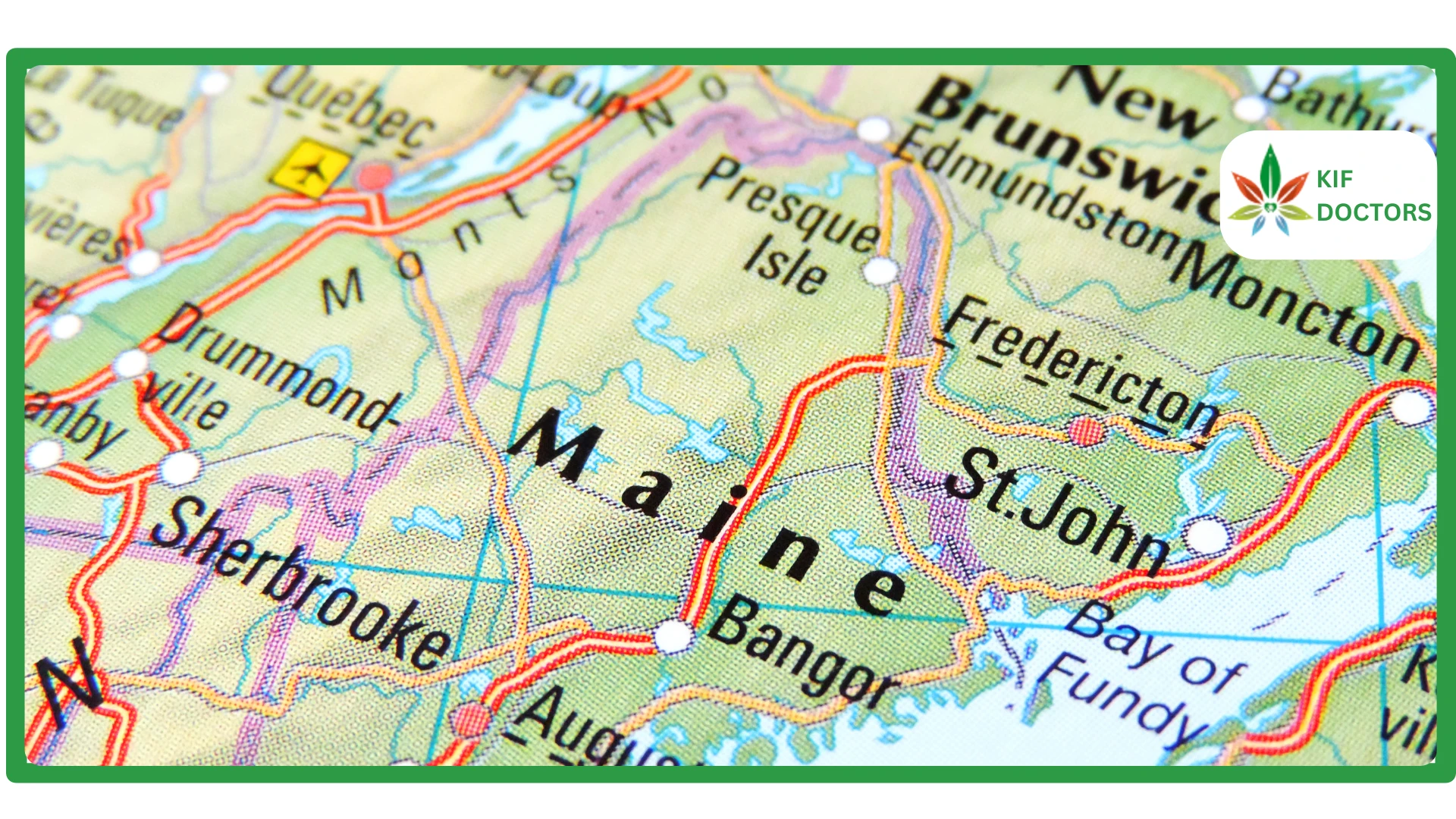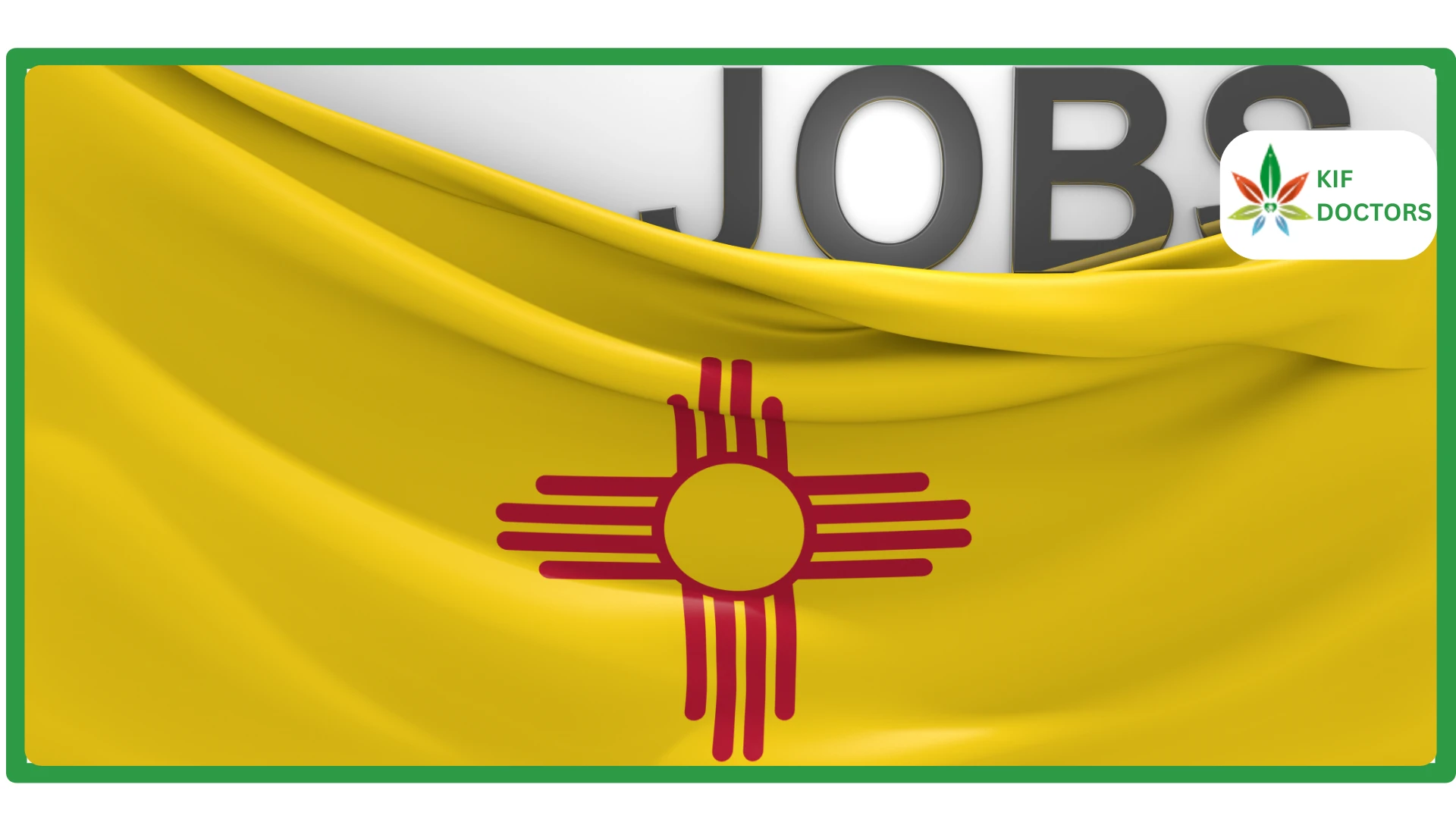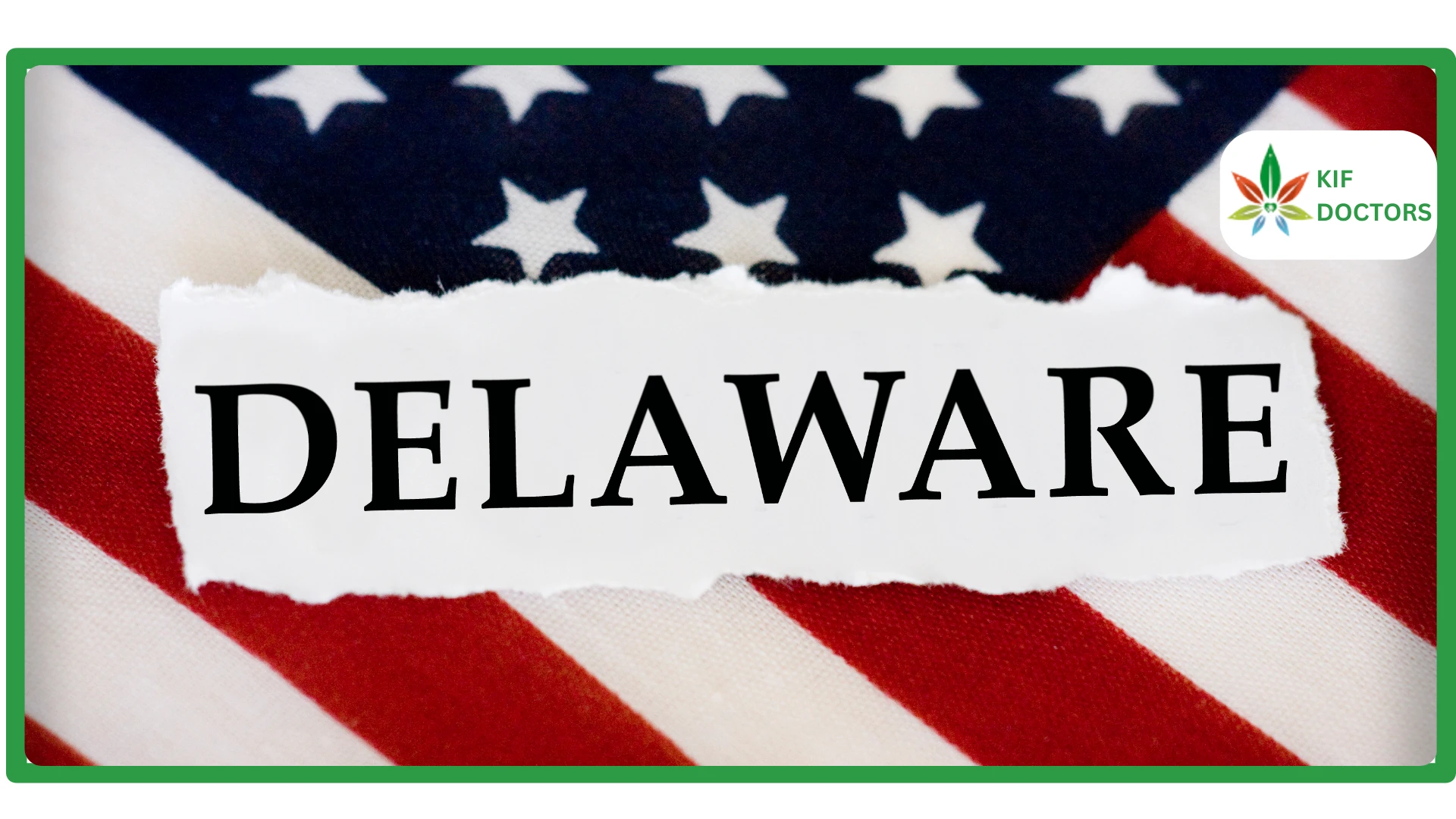If you're thinking, "Can I visit a dispensary if I don't have a medicine card?" Indeed, you can. In New York, you can buy marijuana if you're over 21 as long as you have a legitimate photo ID showing your age.
Although it is not required, having a medical card may be useful when buying marijuana. People who suffer from a variety of medical ailments and are eligible for them because of their conditions can obtain medical cards.
Dispensaries in states like Alaska, Arizona, Colorado, Illinois, Maine, Massachusetts, New Jersey, Oregon, Washington, etc. are legal places to buy marijuana.
However, New York cities have the power to create and uphold their own laws governing the sale, distribution, and production of marijuana. As a result, some marijuana strains might only be accessible to people with legitimate medicinal needs.
Is a medical card required at a dispensary?
Is it possible to enter a dispensary without a medical marijuana card? Between 1996 and 2016, the purchase of marijuana from a dispensary was restricted to those holding a medical card. However, a new law passed by the State of Washington in November 2016 has granted adults aged 21 and above the freedom to possess, grow, and use marijuana for recreational purposes.
Under this law, there are specific limitations on the quantity of concentrated cannabis or cannabis oil an individual can possess, as well as the amount of plant material they can cultivate. Presently, New York maintains stringent regulations regarding the usage, possession, and transportation of marijuana within the state.
Do You Need A Medical Card?
Is it necessary to have a medical card to enter a dispensary? While it is not mandatory, having one can still be advantageous. There is a significant possibility that you may be dealing with a chronic illness or anxiety that could benefit from obtaining a medical card. However, this does not mean that you will never have the option to use marijuana recreationally to alleviate these symptoms.
In contrast, medical marijuana generally contains a higher CBD content, which contributes to quicker pain relief compared to recreational marijuana. Specifically, this higher CBD ratio is advantageous for treating muscle soreness, chronic pain, and joint discomfort.
Certain dispensaries exclusively cater to individuals with medical cards as they offer a wide range of strains that are not recommended for recreational users.
Things to keep in mind
When it comes to marijuana regulations in New York, here are a few important points to consider:
Certain dispensaries are able to provide delivery services during their operating hours.
Dispensaries typically have delivery fees ranging from $5 to $10.
Each package of edibles is limited to a maximum of 100 milligrams of THC, and each dose of edibles must not exceed 10 milligrams of THC.
New York requires a mandatory 15 percent excise tax on all marijuana products sold.
Even if you possess a medical card and are above 18 years old, it is prohibited to purchase cannabis from a dispensary if you are underage.
Also Read: Can I Transfer My Medical Card To Another State?
Conclusion
In the state of New York, possessing a medical card is not obligatory for purchasing marijuana from a dispensary.
 Since 2021, Kif offers a streamlined platform to get a medical marijuana card online. We have served more than 45K patients across the United States. Sign Up Now to get the right to use medical cannabis for your health condition without any delay.
Since 2021, Kif offers a streamlined platform to get a medical marijuana card online. We have served more than 45K patients across the United States. Sign Up Now to get the right to use medical cannabis for your health condition without any delay.

















